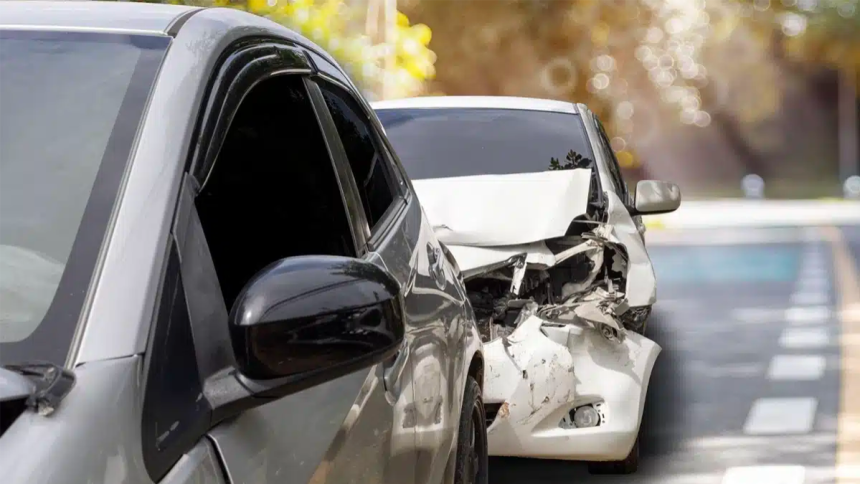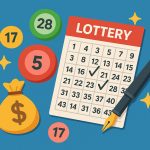The first meeting is coming.
You’ve scheduled the consultation. You’ve replayed the crash in your head a hundred times. Maybe you’ve told your version to your mom, your chiropractor, and that one coworker who loves asking personal questions.
Now it’s time to talk to the people who can actually do something about it.
And you’re wondering: What the hell do I bring?
Good question. Let’s break it down—without the legalese.
The Police Report: The “Who Said What” Starter Pack
If law enforcement showed up, there’s a report floating around somewhere. And trust us, your attorney wants to see it.
Why? Because it includes:
- Where it happened
- When it happened
- Who they think was at fault
- Any witness statements or diagrams
Can’t find it? Just bring the case number or the name of the responding agency. Your Phoenix car accident lawyers can pull the rest—but don’t leave them guessing.
Photos and Video: Let the Images Do the Talking
Forget aesthetics. We’re not here to win photography awards. We’re here to win cases.
Bring:
- Crushed bumpers
- Bruised elbows
- Skid marks and shattered glass
- Dashcam clips, Ring footage—whatever you’ve got
Even if the photo’s crooked or your finger is over the lens? Still useful.
(Seriously. We’ve seen grainy gas station clips help seal six-figure settlements.)
Medical Records: Receipts for Your Pain
The ER visit. The follow-up with your doctor. The chiropractor you weren’t sure would be covered.
Bring it all.
Think:
- Discharge papers
- Test results
- Medication lists
- Physical therapy logs
- Any out-of-pocket expenses—yes, even the $28 for crutches at Walgreens
The more your lawyer sees, the more they can calculate. And no, this isn’t overkill. This is the case.
Insurance Details: Yours, Theirs, and All the Fine Print
Got a claim number? Great. A rejection letter? Even better.
Bring:
- Your insurance policy (especially the declarations page)
- Any emails or letters from insurance adjusters
- Proof of premium payments
- The other driver’s insurance info if you have it
Why? Because knowing what coverage exists—and what’s already been said—prevents you from getting blindsided later.
Also: don’t sign anything until your attorney looks at it. That “quick check to help with medical bills”? Yeah… that’s not free money. That’s leverage, gone.
Proof of Lost Wages: Money Talks, Missing Pay Shouts
You missed work. You lost hours. Maybe you burned through sick days you were saving for your kid’s field trip.
Let your pay stubs tell the story.
What helps:
- Pre- and post-accident pay records
- Employer statements verifying missed days
- Self-employed? Bring invoices, bank statements, or tax docs
- Any disability claims filed
This is the stuff that turns your case from “ouch” to “this cost me real money.”
Your Version of Events: Because Memory Fades, But Notes Don’t
Take a few minutes. Write down everything you remember.
Doesn’t have to be a novel—just the basics:
- What were you doing before the crash?
- What do you remember seeing or hearing?
- Did the other driver say anything weird or incriminating?
- What happened afterward—pain, panic, adrenaline?
Even little things matter. (Especially the little things.)
Questions. Bring ‘Em. Ask ‘Em. Own the Room.
Your consultation isn’t a one-way street. You’re hiring them—not the other way around.
Ask:
- Have you handled cases like mine in Phoenix?
- How long could this take?
- What kind of compensation is realistic?
- Will I be talking to you, or to someone named “case manager #4”?
- What do you need from me to hit the ground running?
If they dodge or talk in circles? Red flag. You want a lawyer who’s sharp, candid, and has no time for nonsense.
Final Thought: Be Over-Prepared. Never Overwhelmed.
This isn’t a job interview. No one expects you to show up in a suit with alphabetized folders (but hey, if that’s your style, do you).
Just show up with the story, the receipts, and the right attitude.
Let your attorney turn that mess of paperwork and pain into a case worth fighting for.
Because you’ve got enough on your plate. Let the professionals deal with the red tape, the fine print, and the fight ahead.
Lynn Martelli is an editor at Readability. She received her MFA in Creative Writing from Antioch University and has worked as an editor for over 10 years. Lynn has edited a wide variety of books, including fiction, non-fiction, memoirs, and more. In her free time, Lynn enjoys reading, writing, and spending time with her family and friends.















